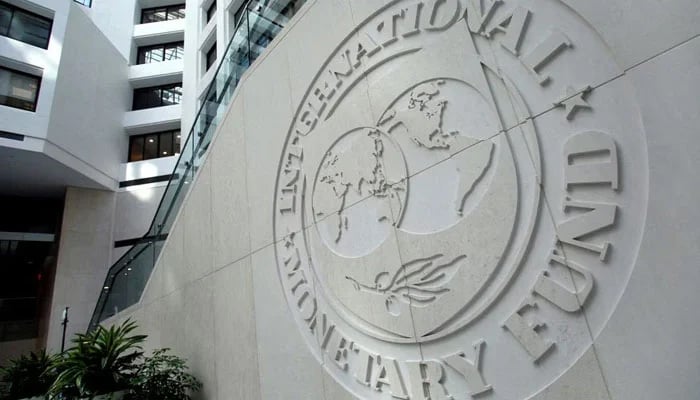ISLAMABAD: The International Monetary Fund (IMF) has reached a staff-level pact with Pakistan on a $3 billion standby arrangement.
The deal subject to approval by the IMF board in July comes after an eight-month delay and offers some respite to Pakistan, which is battling an acute balance of payments crisis and falling foreign exchange reserves.
“I am pleased to announce that the IMF team has reached a staff-level agreement with the Pakistani authorities on a nine-month Stand-by Arrangement (SBA) in the amount of SDR2,250 million (about $3 billion or 111 percent of Pakistan’s IMF quota),” Nathan Porter, the IMF’s Mission Chief to Pakistan, said in a statement.
“The new SBA builds on the authorities’ efforts under Pakistan’s 2019 EFF-supported programme which expires end-June. This agreement is subject to approval by the IMF’s Executive Board, which is expected to consider this request by mid-July,” the statement added.
A day earlier, Finance Minister Ishaq Dar said that the SLA for a crucial bailout deal with the IMF was “very close” and expected in the next 24 hours.
“We are very close to signing a staff level agreement with the IMF,” Dar told Reuters late on Thursday.
The deal comes after an eight-month delay and offers some respite to Pakistan, which is battling an acute balance of payments crisis and falling foreign exchange reserves.
In the statement issued today, the IMF said since the completion of the combined seventh and eight reviews under the 2019 EFF in August 2022, the Pakistan’s economy faced several external shocks such as the catastrophic floods in 2022 that impacted the lives of millions of Pakistanis and an international commodity price spike in the wake of Russia’s war in Ukraine.
As a result of these shocks as well as some policy missteps — including shortages from constraints on the functioning of the forex market— economic growth has stalled. “Inflation, including for essential items, is very high. Despite the authorities’ efforts to reduce imports and the trade deficit, reserves have declined to very low levels,” the IMF’s statement said.
Moreover, it said liquidity conditions in the power sector also remain acute, with further buildup of circular debt and frequent loadshedding.
The $3bn funding, spread over nine months, is higher than expected for Pakistan. The country was awaiting the release of the remaining $2.5bn from a $6.5bn bailout package agreed in 2019, which expired on Friday.


Comments are closed.